**SEO-Optimized Introduction:**
**Fear Unleashed: Understanding and Managing Pitbull Noise Phobias**
As canine companions known for their strength and loyalty, pitbulls can face their own unique set of challenges, including noise phobias. Noise phobias are a serious issue that can significantly affect a pitbull’s well-being, leading to anxiety, stress, and even aggression.
In this comprehensive article, we delve into the depths of pitbull noise phobias, exploring their definition, triggers, and symptoms. We provide practical strategies for managing these phobias, emphasizing the importance of creating a safe and calm environment, implementing desensitization and counter-conditioning techniques, and considering medication or supplements in severe cases. By understanding and addressing noise phobias in pitbulls, we empower dog owners with the knowledge and tools to help their beloved companions overcome these fears and live happy, well-adjusted lives.
Understanding Pitbull Noise Phobias
Definition
A noise phobia is an intense and irrational fear of specific sounds or noises that can significantly impact a pitbull’s well-being. This fear is characterized by an exaggerated response to noises that may not be threatening to other dogs or humans.
Common Triggers
Common triggers for noise phobias in pitbulls include:
* **Loud noises:** Thunderstorms, fireworks, sirens
* **Sudden noises:** Car horns, doorbells, shouting
* **High-pitched noises:** Whistles, smoke detectors
Symptoms
When exposed to trigger noises, pitbulls with noise phobias may exhibit various symptoms, such as:
* **Avoidance:** Attempting to hide or escape
* **Anxiety:** Pacing, panting, trembling
* **Vocalization:** Barking, whining, howling
* **Destructive behavior:** Chewing, digging, house soiling
* **Physiological reactions:** Salivation, dilated pupils, increased heart rate
The #1 Free Source for Pitbull & Bully Pedigrees!

## Managing Pitbull Noise Phobias
### Implement Desensitization and Counter-Conditioning Techniques
Desensitization involves gradually exposing your pitbull to the feared noise at very low levels, gradually increasing the intensity or duration as your dog remains calm. Counter-conditioning involves pairing the feared noise with something positive, such as treats, praise, or playtime.
1. **Start with the lowest intensity possible:** This may involve playing a recording of the noise at a very low volume.
2. **Keep exposure short:** Initially, expose your dog for only a few seconds or minutes.
3. **Reward calmness:** As your dog remains calm during exposure, reward them with treats, praise, or other positive reinforcements.
4. **Gradually increase intensity or duration:** As your dog becomes more comfortable, gradually increase the volume or duration of exposure.
### Provide a Safe and Calm Environment
Creating a safe and calm environment for your pitbull is crucial for managing their noise phobia.
1. **Provide a designated safe space:** This could be a crate, bed, or quiet corner where your dog can retreat when feeling stressed by noise.
2. **Use white noise or calming music:** White noise or soothing music can help block out other noises and create a more relaxing environment.
3. **Avoid punishment:** Punishing your dog for being afraid will only worsen their phobia. Instead, focus on positive reinforcement for calm behavior.
### Consider Medication or Supplements for Severe Cases
In some cases, medication or supplements may be necessary to manage severe noise phobias in pitbulls.
1. **Anti-anxiety medications:** Medications such as trazodone or gabapentin can help reduce anxiety and fear.
2. **Supplements:** Supplements like L-theanine or chamomile can have calming effects.
3. **Consult with your veterinarian:** Always consult with your veterinarian before giving your dog any medication or supplements.
**Conclusion**
In conclusion, understanding and addressing pitbull noise phobias is crucial for the well-being of both the dog and its caregivers. By implementing desensitization and counter-conditioning techniques, providing a supportive environment, and considering professional assistance when necessary, owners can effectively manage these phobias. By addressing the underlying fear, pitbulls can lead a more comfortable and fulfilling life, free from anxiety and avoidance behaviors.
Remember, noise phobias in pitbulls can vary in severity, and it is important to seek professional advice from a veterinarian or certified animal behaviorist when the phobia is severe or persistent. With patience, consistency, and professional guidance, pitbulls with noise phobias can overcome their fears and live happy, healthy lives.







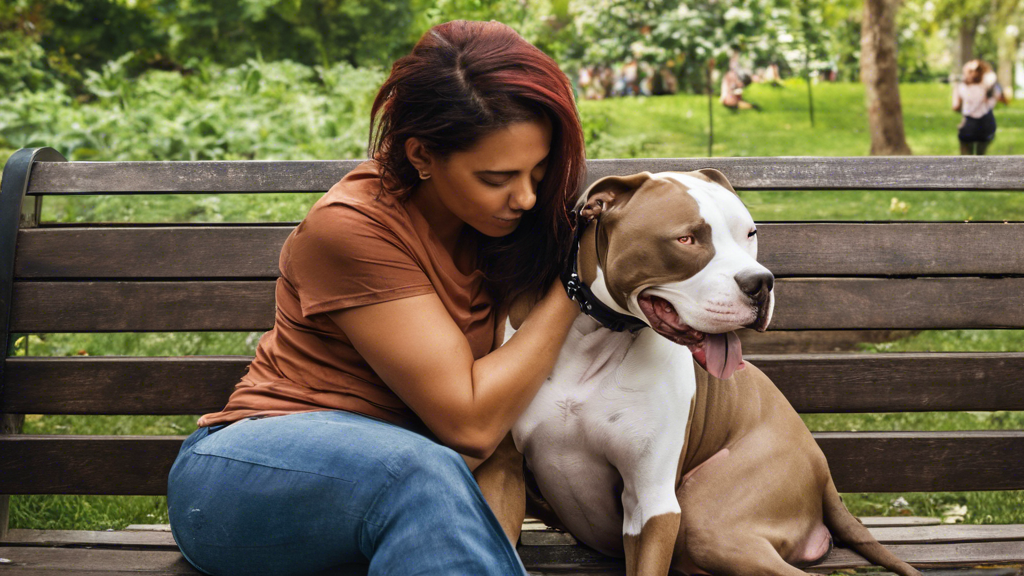
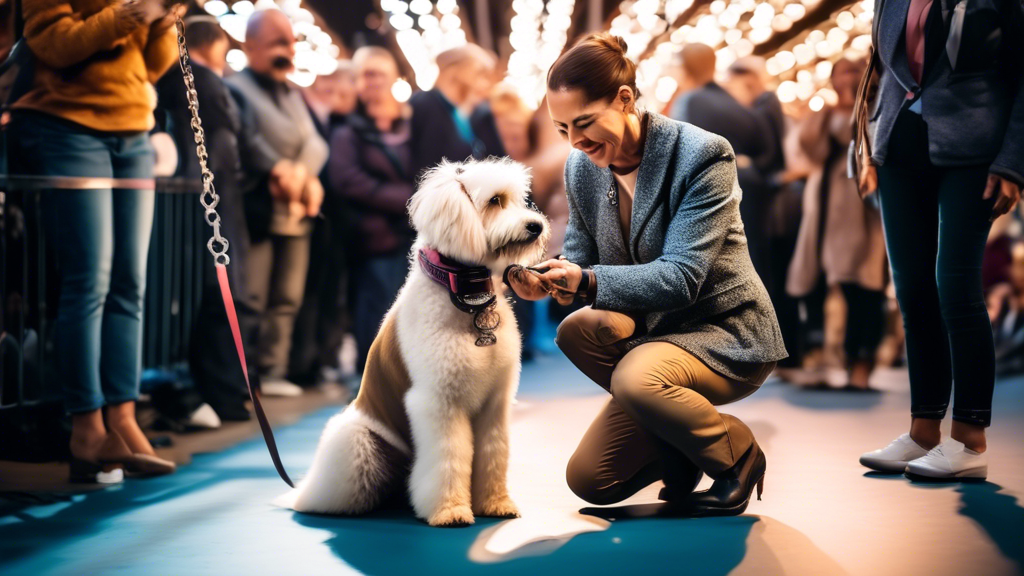
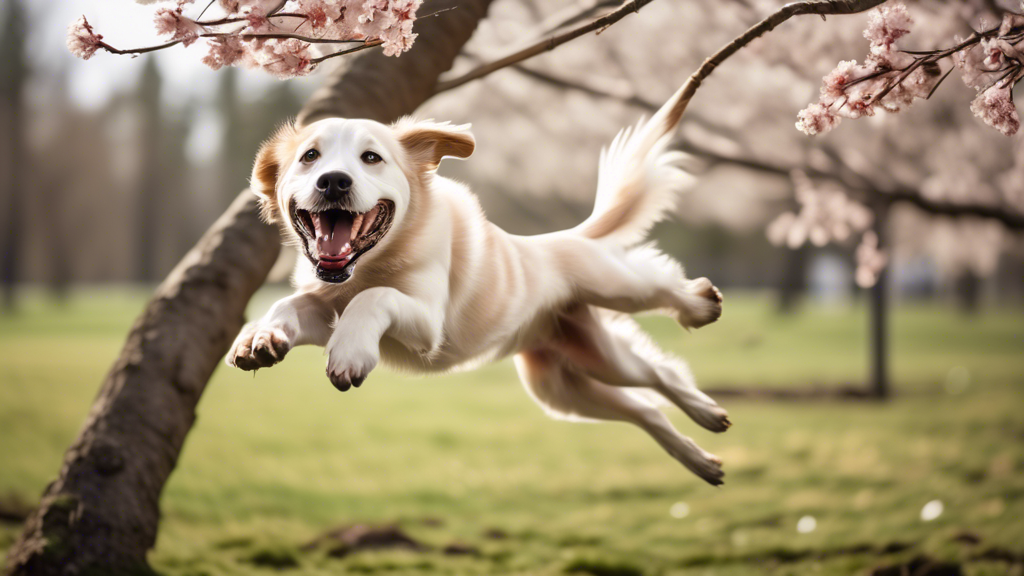
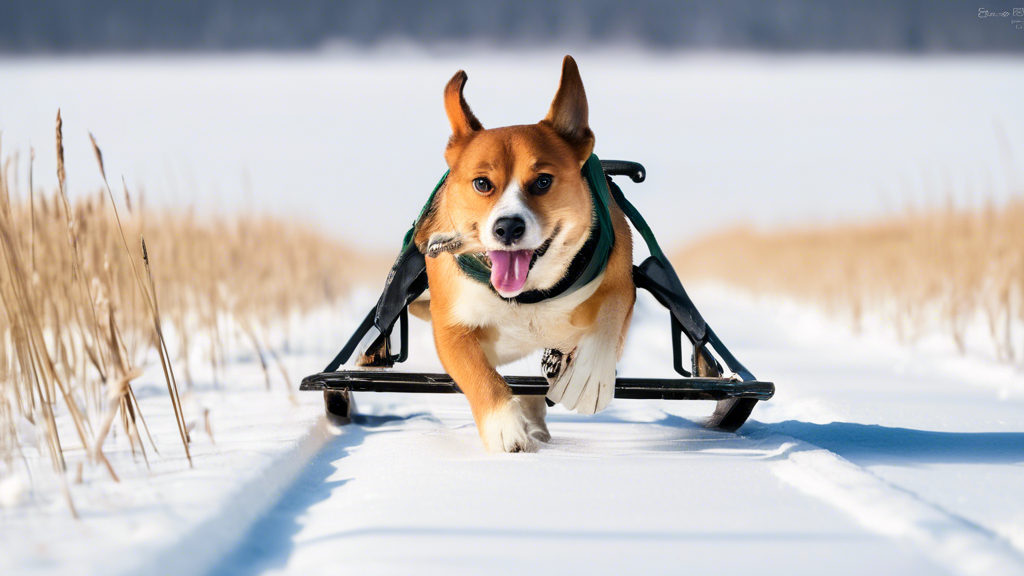
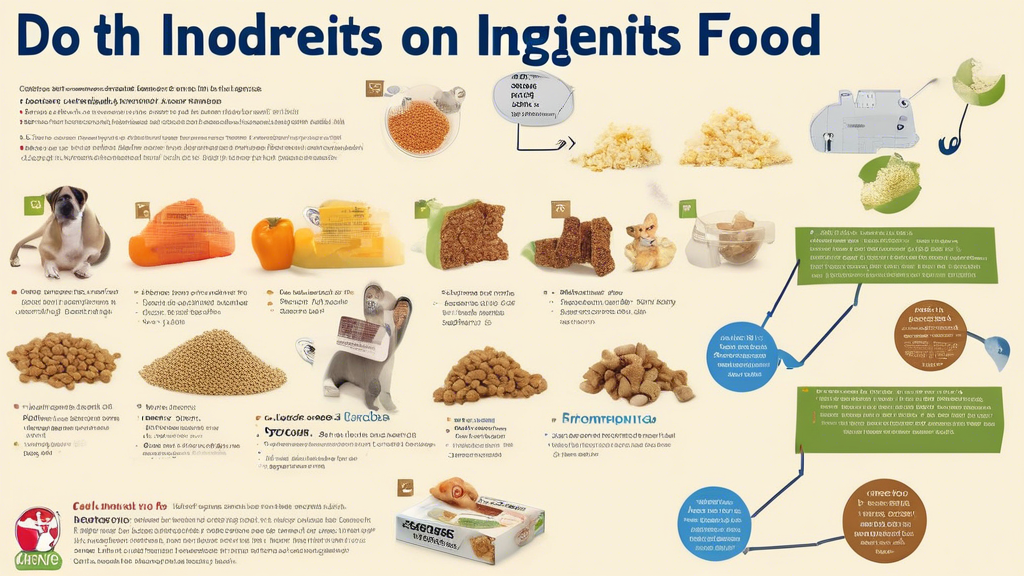
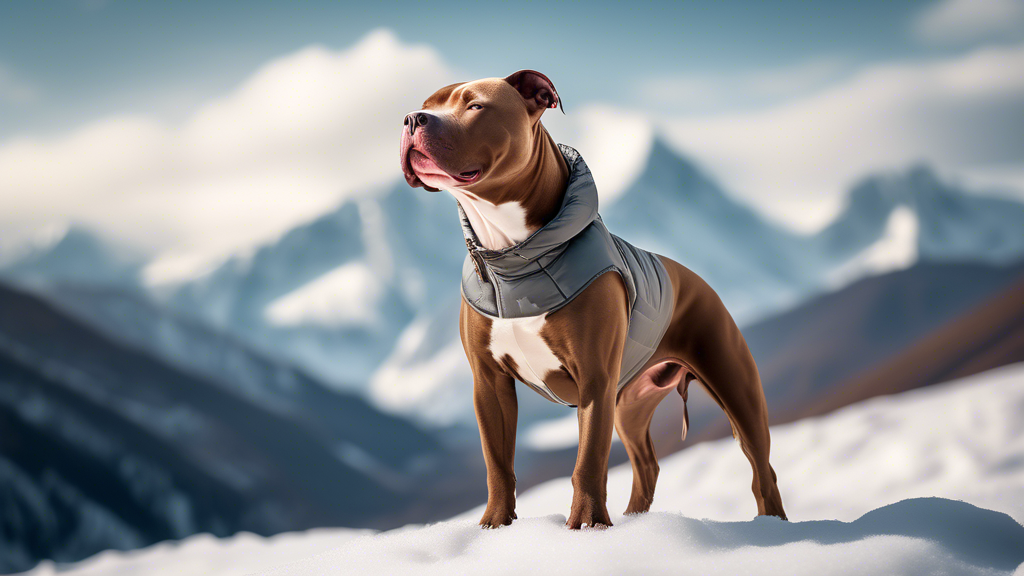
Leave A Comment